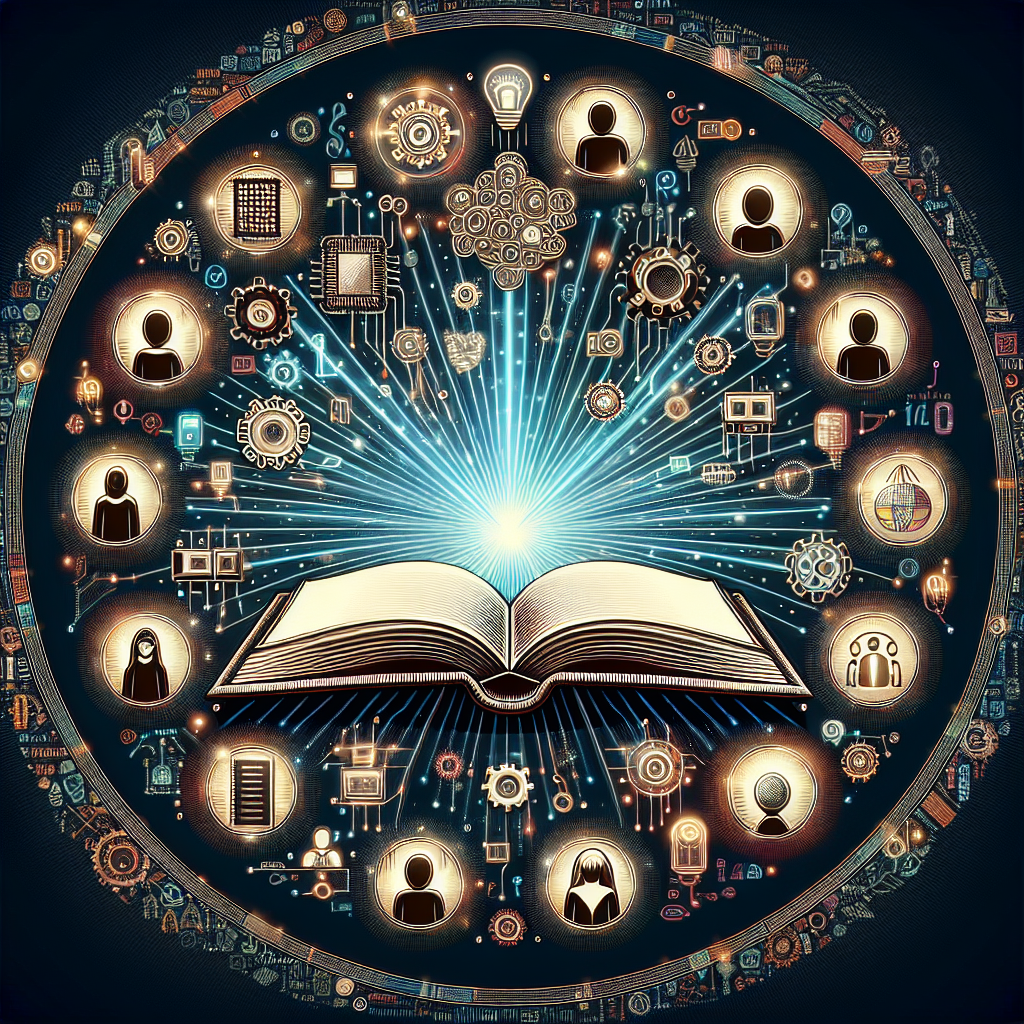The democratization of artificial intelligence (AI) has the potential to revolutionize the way we use and interact with technology. As AI becomes more accessible and widely adopted, it is increasingly important to understand the implications of this democratization on society and the economy.
The democratization of AI refers to the process of making AI technology more accessible and user-friendly for a wider range of users. This includes making AI tools and platforms easier to use, lowering the barriers to entry for individuals and organizations, and increasing the availability of AI resources and knowledge.
One of the key drivers of the democratization of AI is the increasing availability of open-source AI tools and platforms. Open-source software allows developers to access and modify the underlying code of AI systems, making it easier for them to customize and adapt AI technology to suit their specific needs. This has led to a proliferation of AI tools and platforms that are freely available to the public, enabling more people to experiment with and harness the power of AI technology.
Another factor driving the democratization of AI is the increasing availability of AI education and training resources. As AI technology becomes more widespread, there is a growing demand for skilled professionals who can develop and deploy AI systems. To meet this demand, a number of organizations and institutions have begun offering AI courses and training programs, making it easier for individuals to acquire the skills and knowledge needed to work with AI technology.
The democratization of AI has the potential to have far-reaching implications for society and the economy. By making AI technology more accessible and user-friendly, the democratization of AI has the potential to empower individuals and organizations to harness the power of AI technology in new and innovative ways. This could lead to the development of new products and services, the creation of new industries and markets, and the transformation of existing business models.
At the same time, the democratization of AI raises a number of important ethical and social considerations. As AI technology becomes more widely adopted, there is a risk that it could be used in ways that harm individuals or society as a whole. For example, there are concerns about the potential for AI systems to perpetuate bias and discrimination, invade privacy, or even be used for malicious purposes. It is important for policymakers, researchers, and industry leaders to work together to ensure that AI technology is developed and deployed in a way that is ethical, responsible, and beneficial for society.
In conclusion, the democratization of AI has the potential to democratize knowledge and revolutionize the way we use and interact with technology. By making AI technology more accessible and user-friendly, the democratization of AI has the potential to empower individuals and organizations to harness the power of AI technology in new and innovative ways. However, it is important for policymakers, researchers, and industry leaders to work together to address the ethical and social implications of the democratization of AI and ensure that AI technology is developed and deployed in a way that is ethical, responsible, and beneficial for society.
FAQs:
Q: What are some examples of AI tools and platforms that have been democratized?
A: Some examples of democratized AI tools and platforms include TensorFlow, an open-source machine learning framework developed by Google, and OpenAI, a non-profit organization that develops AI technology and makes it freely available to the public.
Q: How can individuals and organizations benefit from the democratization of AI?
A: The democratization of AI can benefit individuals and organizations by enabling them to develop and deploy AI systems more easily and cost-effectively. This can lead to the development of new products and services, the creation of new industries and markets, and the transformation of existing business models.
Q: What are some of the ethical considerations associated with the democratization of AI?
A: Some of the ethical considerations associated with the democratization of AI include concerns about bias and discrimination, privacy invasion, and the potential for AI technology to be used for malicious purposes. It is important for policymakers, researchers, and industry leaders to work together to address these ethical considerations and ensure that AI technology is developed and deployed in a way that is ethical, responsible, and beneficial for society.

